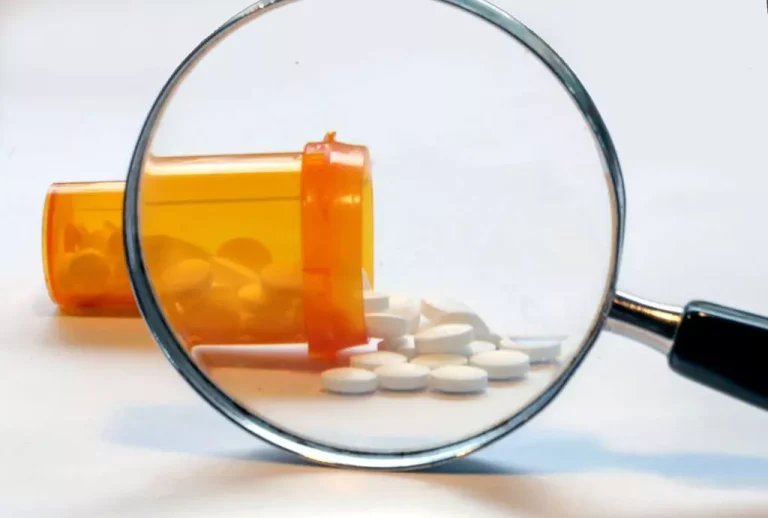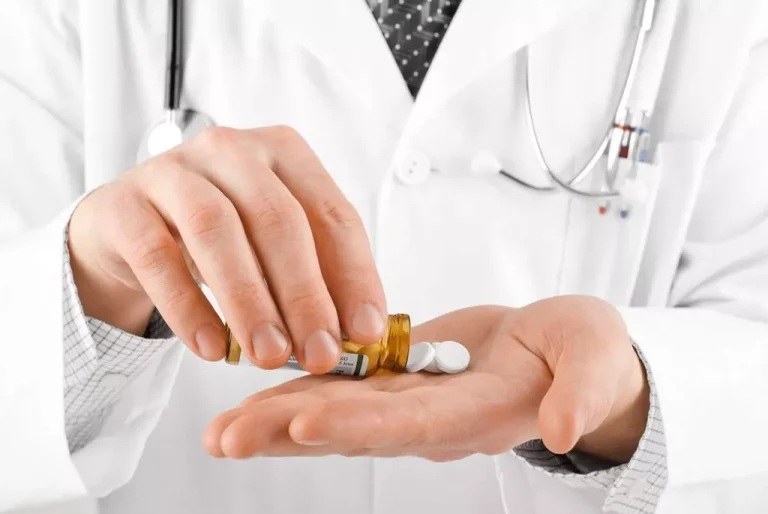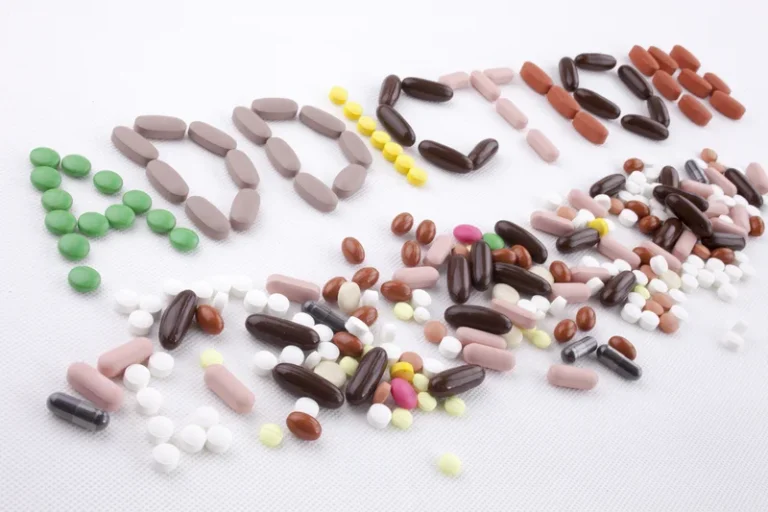Common signs of opioid addiction that indicate a problem

Fortunately, we have medication to treat illnesses and diseases. We don’t have to suffer from pain because we can get prescription painkillers. However, sometimes pain is so severe that it requires opioid painkillers. Unfortunately, their usage may lead to addiction. That’s why it’s so critical to know what are the signs of opioid addiction.
If you suspect that one of your loved ones, friends, or colleagues is abusing opiates, you should learn about common symptoms and signs of opioid addiction. This article focuses on opiates, their effects, and what are opioid use disorder symptoms.
What are opiates?
Opiates (sometimes referred to as opioid painkillers) are narcotic medications prescribed by a medical professional to reduce pain from different causes. These are a few examples of typical opiates:
- morphine
- methadone
- OxyContin
- hydrocodone
Even heroin is considered an opioid painkiller. While the strength of the narcotic component of opiate painkillers varies, all opiates operate the same. Regardless of the dosage percentage of a specific component, such a painkiller sedates the patient by depressing the person’s central nervous system. Other effects include slowing down body functions and, most importantly, reducing physical pain.
Some people may become addicted to the way narcotic painkillers make them feel even if they get this type of medication under the watchful eye of a medical professional who ensures the patient gets the correct dosage.
Opiates have been used for centuries after finding a way to derive opioids from the opium poppy flower. This medication affects the opioid receptors in the central nervous system. If used correctly, they treat pain.
If prolonged usage occurs, opioids cause brain damage. These narcotics prevent our body from producing natural opiates — a neurotransmitter known as “endorphins.” As a result, the human body loses its ability to manage pain by producing natural opiates. Thus, individuals feel horrible pain once they stop using medication. That’s how addiction begins, which is why it’s critical to understand the signs of opioid addiction.


Take back control of your life and start on the road to recovery now.
Opiates’ side effects
Patients don’t feel as usual when they are using opioid medication to treat pain. For example, they feel drowsiness, and they are slow, etc. However, patients may also experience a few side effects from opioids. The most common ones include the following:
- dizziness
- nausea
- vomiting
- dry mouth
- constipation
- pruritus
Moreover, around 50% to 80% of patients experience at least one of these side effects of opioids. The incidence may be even higher in everyday use. Still, these are merely side effects, not signs of opioid addiction.
How to prevent opioid abuse?
Even despite using the correct dose and being treated under medical control, some people experience addiction. However, there are ways to prevent opioid abuse.
If you are soon to undergo a medical procedure, consider discussing pain management with the doctor ahead of time. The medical professional should answer the following questions:
- Is this dosage appropriate? Is it possible to reduce it?
- What is the pain-management strategy? Are you planning to reduce the dose in the future or switch to other drugs?
- What alternatives are possible?
Talking about the problem may cause the doctor to be extra careful when treating your disease.
Is opioid abuse a disease?
It can be referred to as a disease since it’s a disordered medicine usage. People may unknowingly start developing an addiction after medical treatment. Though the exact cause is unknown, there are a few contributing factors which may cause an addiction. For instance, family history (if someone in the family is susceptible).
Opioid abuse disorder, like other diseases, has distinct symptoms (which we will reveal in our article) and a typical roadmap (addiction worsens after some time). Luckily, there are treatments and ways to help bring opioid addiction under control.
Many medical professionals treat opiate abuse as an illness. First, it’s easier to plan the treatment and successfully overcome the disease. Second, such an approach may be more convincing to people who suffer from addiction. Typically, addicts don’t like to admit addictions. Treating a disease, not addiction, may convince the patient to go to rehab. However, you must first learn about the signs of opioid addiction.
Signs and symptoms of opioid addiction
So, how to identify the opiate abuse? Opiate addiction can cause an array of signs and symptoms. While not all people suffering from opiate abuse will exhibit all these indications, the following are the most common signs of opioid addiction:
- Frequent, unhealthy, increased, or risky usage of opiates.
- Dependence on opioids.
- Cravings.
- Other common signs, such as sleep habit changes, weight loss, etc.
It’s a reason to get worried if you notice one or several of these symptoms. Let’s see these signs of opioid addiction in detail for you to understand better what to look out for.
Frequent, unhealthy, increased, or risky usage of opiates
The individual continues to use an opioid even though it is causing problems with their health, financial stability, security, safety, or interpersonal relationships.
Once addicted, it’s impossible to control drug usage. Moreover, the loss of control can become so severe that they start showing behaviors associated with obtaining and using opioids, even if it endangers their lives. They can start stealing or going to unsafe locations despite all the risks.
Dependence on opioids
As mentioned, a person may get so used to opiates that the body stops producing enough natural opiates so that the withdrawal can cause physical pain. It means the person experiences a physical dependence on opiates.
Moreover, the individual may also have psychological changes due to substance abuse. Typically, once they try to stop using pills, they feel an increased urge to take them again. Relatives or loved ones notice that they claim they no longer use drugs, yet they become aggressive, agitated and fail to stop the abuse.
Cravings
Even if a person understands that what they are doing is wrong and causes trouble in life, they experience cravings and want to take the drug. It’s a sign that the person can’t stop using opiates.

Other common signs of opiate abuse
Typically, people addicted to opioids start behaving differently. Thus, it’s critical to pay attention to the following behavioral signs of opioid addiction:
- A person takes opioids even when it is clearly dangerous to do so. These situations include taking pills before driving a car or combining them with alcohol.
- An individual tries to borrow or steal medicine from a friend, colleague, loved one, or even from a drug store.
- A person attempts but fails to end opioid addiction.
- An individual withdraws from family and friends to make new friends or peers, typically those who are addicted.
- A person prioritizes opiates over personal and professional obligations.
- An individual starts lying, manipulating, making secrets, etc.
It’s also essential to pay attention to changes in mood. These are the most common mood changes:
- Depression
- Euphoric mood (lasts for some time)
- Mood swings
- Anxiety
- Irritability
Other common signs of opioid addiction include the following:
- Slurring speech.
- Bad coordination, as if the person is drunk.
- Psychomotor retardation (a slow down of thought).
- Constricted pupils.
- Bad appetite and, thus, the loss of weight over time.
An individual may be very eager to deny the existence of the problem or tries to downplay it, and state there is nothing to worry about; they can stop using opioids when they want to. That’s why it’s critical to approach the addict and organize intervention if nothing else helps.
They must have access to detox medical treatment once they are ready to fix the problem. It’s recommended to convince the addict to get into rehab as soon as possible before suffering permanent damage to the central nervous system and brain.

This can be a difficult journey, but you don’t have to go it alone. Let us be your guide and provide you the environment needed to regain control of your life and begin the path to recovery.
Planning an intervention. How can Eco Sober Houses help?
Family members or even co-workers can consider planning an intervention in case someone close to them suffers from opioid abuse. Once you spot signs of opioid addiction, it’s critical to start planning how you can help your loved one or a friend.
The first step is to try to convince the addict they need help. If it doesn’t work, consider an intervention. An intervention is a planned conversation with a medical professional or someone who experienced substance abuse in the past but managed to overcome it. Ecosober has experts who may offer valuable help and support the addict on the way to recovery. We provide much-needed psychological and mental support. The facility also focuses on restoring social skills and gaining back control of the addict’s life. Most addicts recover from an addiction, regain control of their lives, and avoid relapsing.




